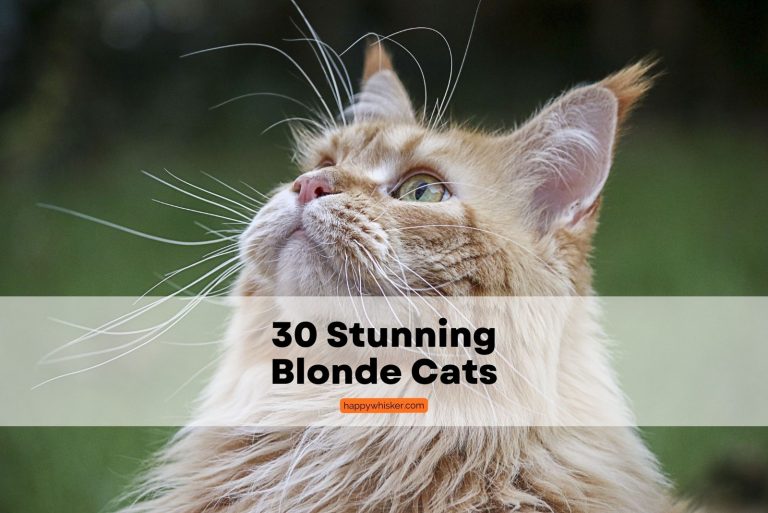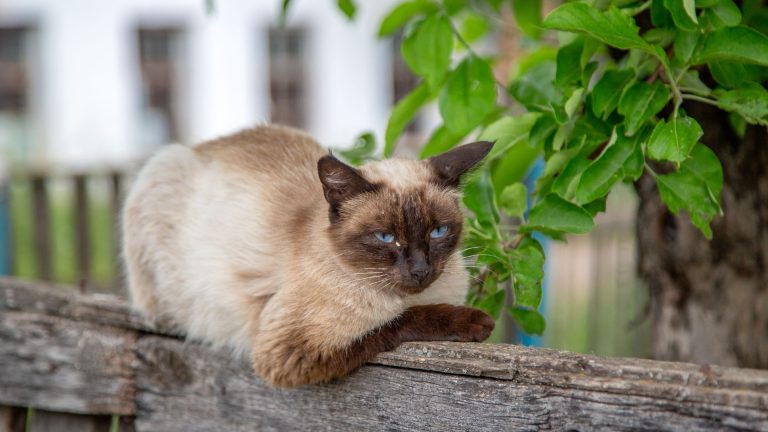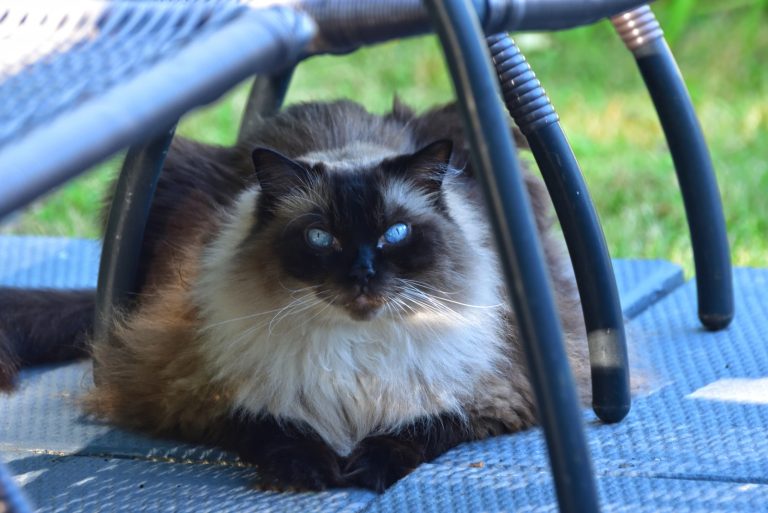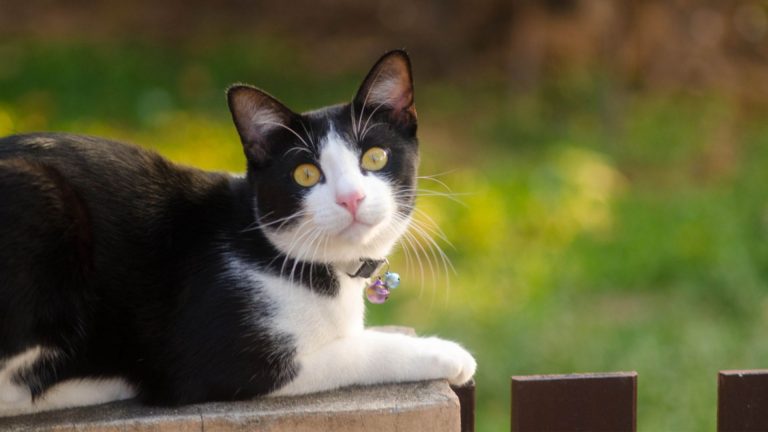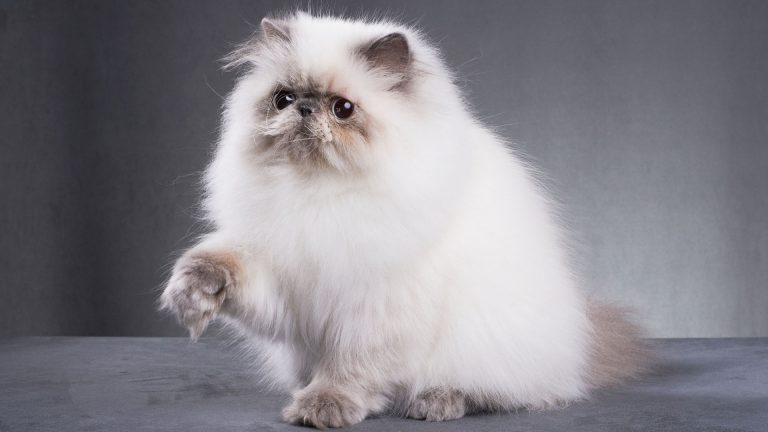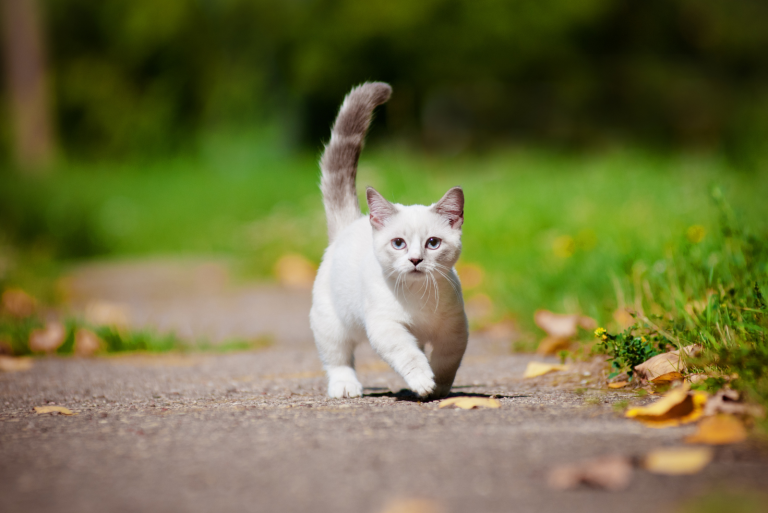Info About Black Bengal Cats
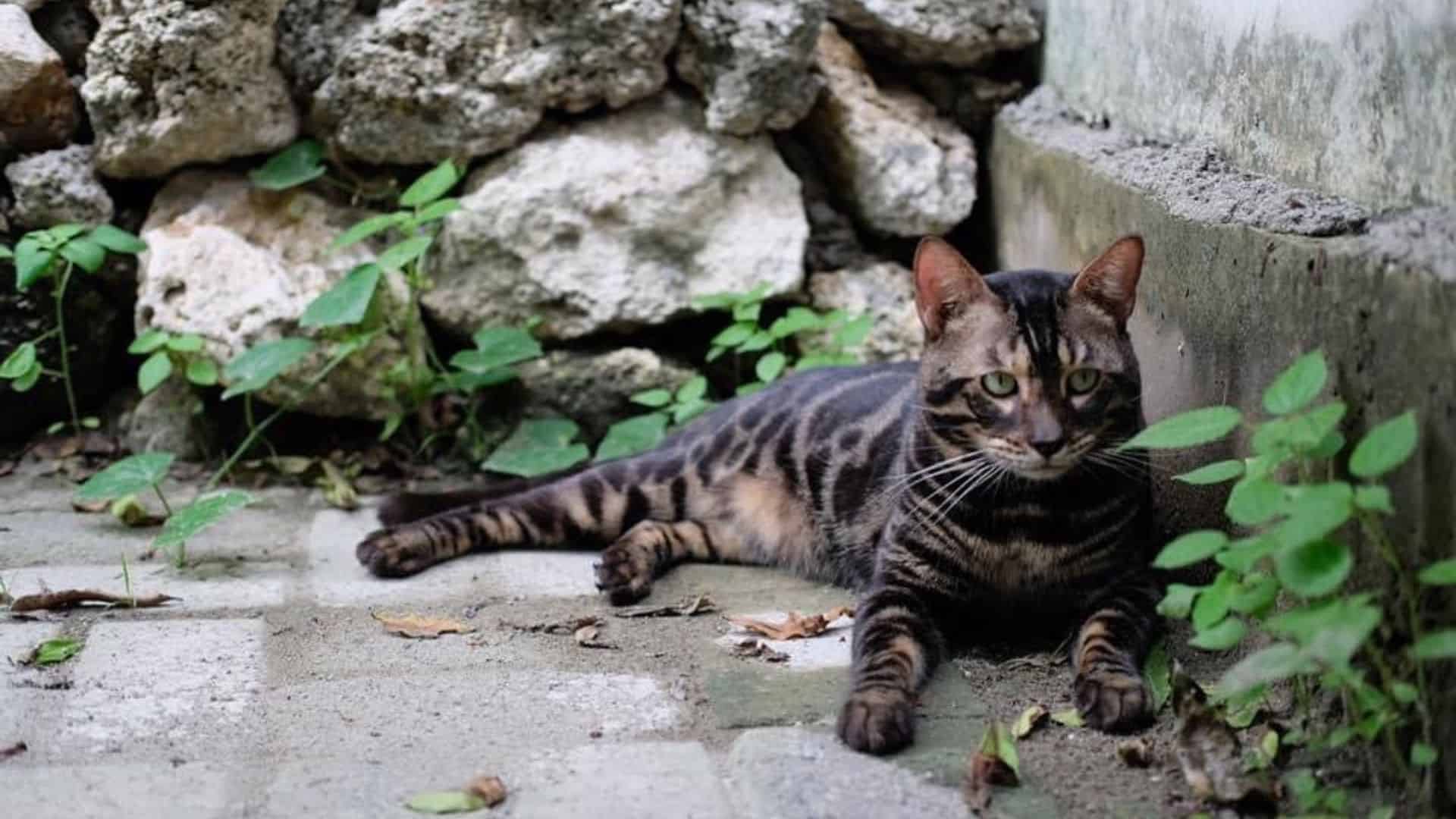
The rise of social media and platforms such as Instagram and Pinterest, and the fact that many celebs have taken to these cats, has played a huge role in how popular Bengal cats have gotten in recent years.
Black Bengal cats have grown in popularity during the last 30 to 40 years. People have just fallen in love with these cats’ unusual looks and dynamic spirit.
Black is one of the rarest Bengal cat colors, and the cats that have it are often referred to as miniature panthers because they resemble black panthers in appearance (but not in size!).
These melanistic cats are real and they are worth far more than just their looks. Check it out!
About Black Bengal Cats And Melanism
While brown and silver are the most popular tones for Bengal cats, there are many more colors their coats can be. Black is one of the least prevalent, but it can happen.
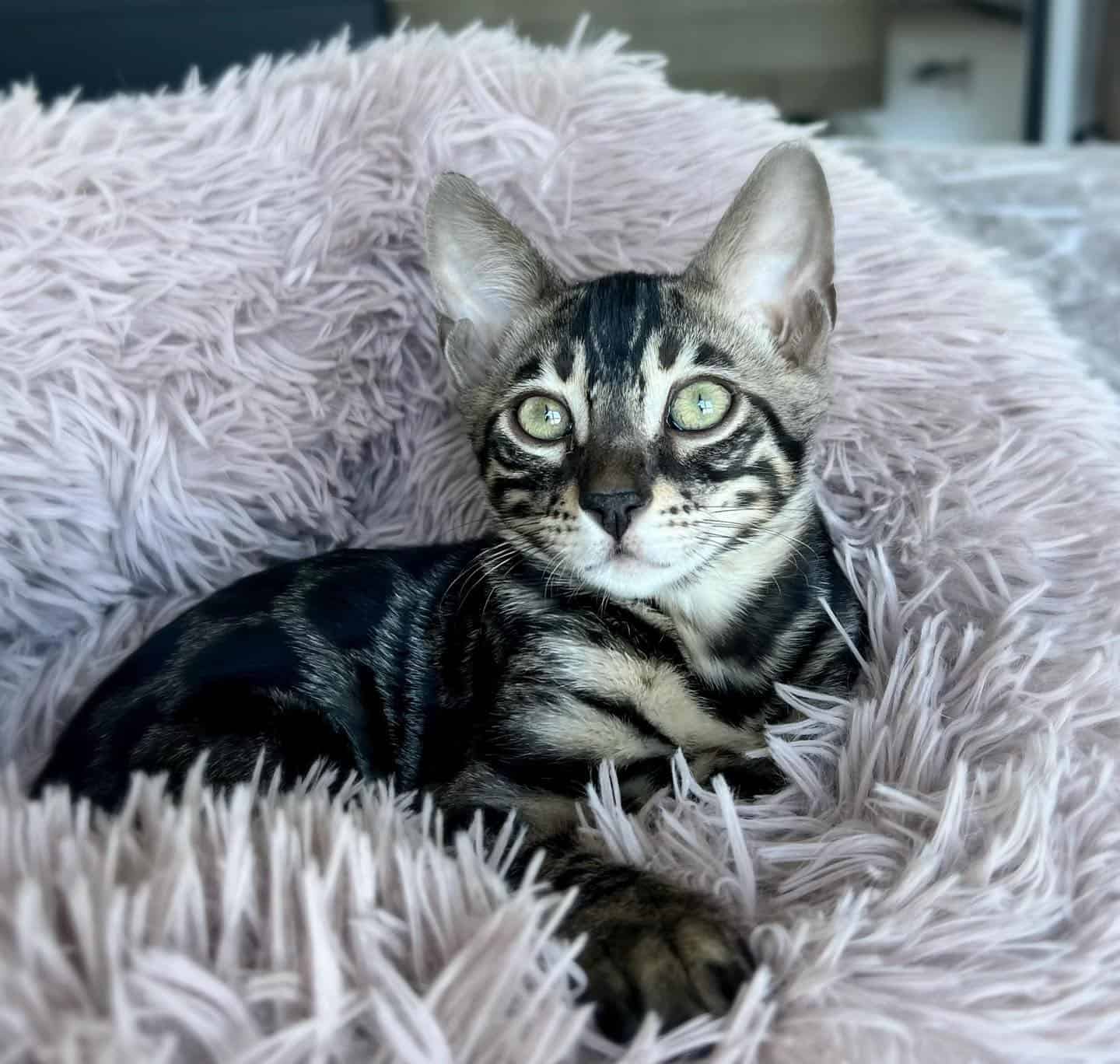
Melanism, a genetic abnormality that causes excessive pigmentation, is the reason we have black Bengal cats. Melanism occurs more regularly in many other domestic cat breeds, and it is quite rare for Bengals.
When it comes to Bengal cats, melanism is linked to a genetic mutation in the agouti gene. Melanism can occur in domestic cats if they have a non-agouti gene; otherwise, the cat will not be melanistic.
The deletion of the agouti gene is recessive, so a melanistic Bengal cat must inherit the non-agouti recessive gene from both its parents.
Because this melanistic gene is recessive, it may be hidden by a dominant gene, so two non-melanistic Bengal cats with the non-agouti gene could hypothetically produce a melanistic Bengal.
However, because this gene is recessive, black Bengal cats are far more unusual than white, brown, or silver Bengals.
Characteristics Of Black Bengal Cats
As I said, black Bengal cats are more than just beautiful looks, black coats, and eye colors that stand out. Let’s see whether they make good pets and whether it is hard to take care of them.
[table id=412 /]
Origin
Despite the fact that hybrids of domestic cats and Asian leopard cats existed previously, the breed group was not recognized until the mid-twentieth century.
According to CFA records, breeder Jean Mill first crossed the two cat breeds, which the CFA recognized and certified as the Bengal cat breed in 1996.
With their friendly, smart temperaments and wonderful coat patterns and colors, it’s no surprise that these cats have become one of the world’s most popular exotic cat breeds, even surpassing the popularity of cat varieties that existed long before them.
Are They Rare?
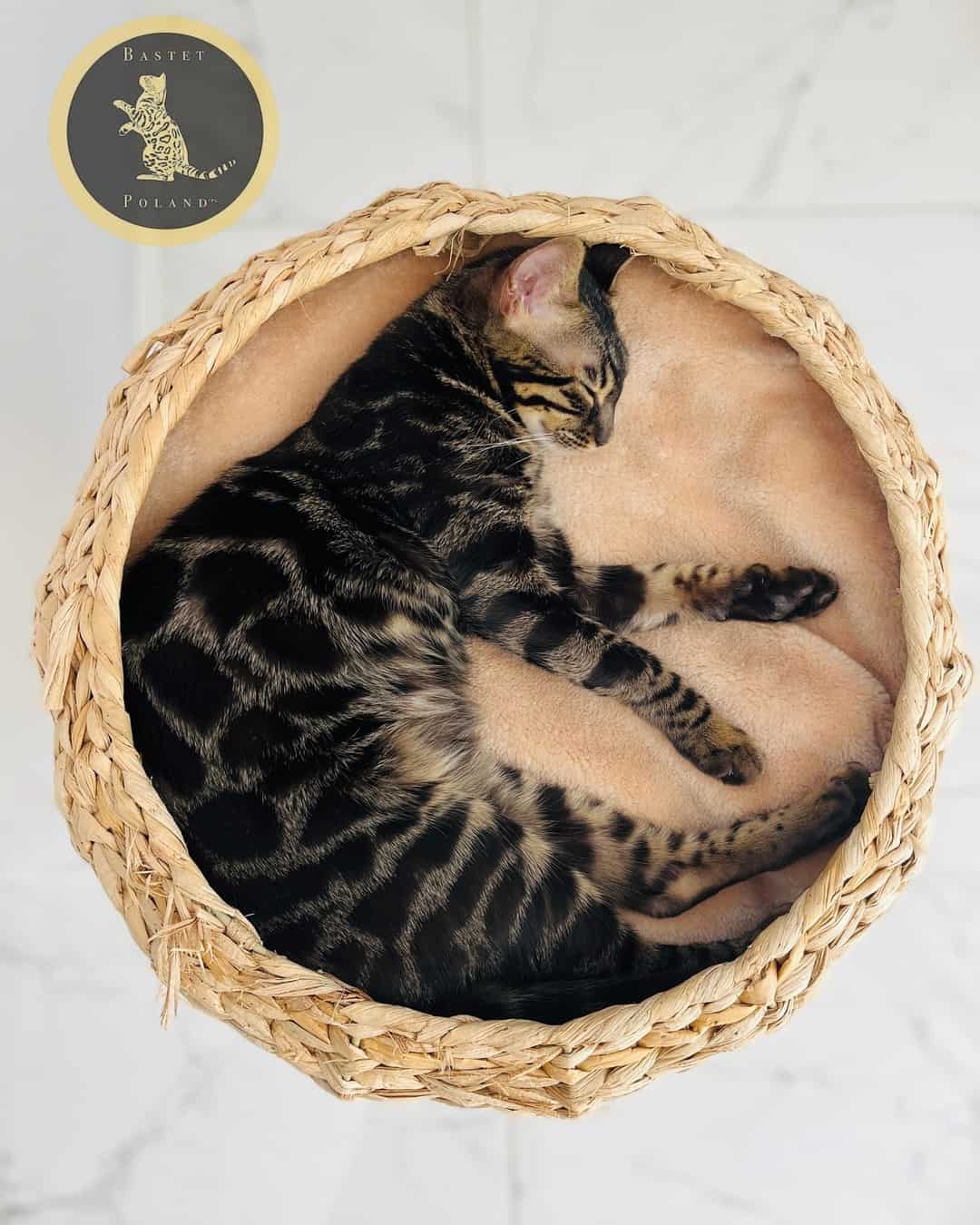
Because of the recessive non-agouti gene, the black Bengal cat is extremely rare. This means that black Bengal cats are more difficult to breed and also to find than other color variants of Bengal cats. Melanism is generally rare in domestic cat breeds.
The main difference between melanistic and black cats is that melanistic cats will stay black-colored in the sun, while black cats will reveal their coat actually has dark-brown shades.
Another difference you can notice is that the colors of melanistic cats will remain the same from their birth whereas the colors of non-melanistic felines might change during their lifetime, becoming darker or lighter over time.
Personality & Temperament
Black Bengal cats have the characteristics of both the wild cat and the domestic cat. This means that this breed is smart and independent yet also fun and friendly. A black Bengal cat, like all Bengal cats, gets along nicely with kids and other pets.
To avoid aggressive behavior, socialize and train your Bengal at a young age. These cats require exercise and training, and it’s best to start as early as possible since it can be difficult to succeed if you start at an older age.
You need to keep them active and entertained, as well as providing them with outdoor activities.
How Are They As Pets?
Bengal cats have a variety of characteristics that make them ideal pets; they’re loyal, smart, and highly active. When adequately socialized and well-adjusted, these cats are sociable and good with other pets and the rest of the family.
Remember that Bengals are extremely energetic and demand more time and care than some other cat breeds. A Bengal mixed with a more passive, conventional cat breed may be the ideal pet, but only if bred by a professional breeder.
Health Info
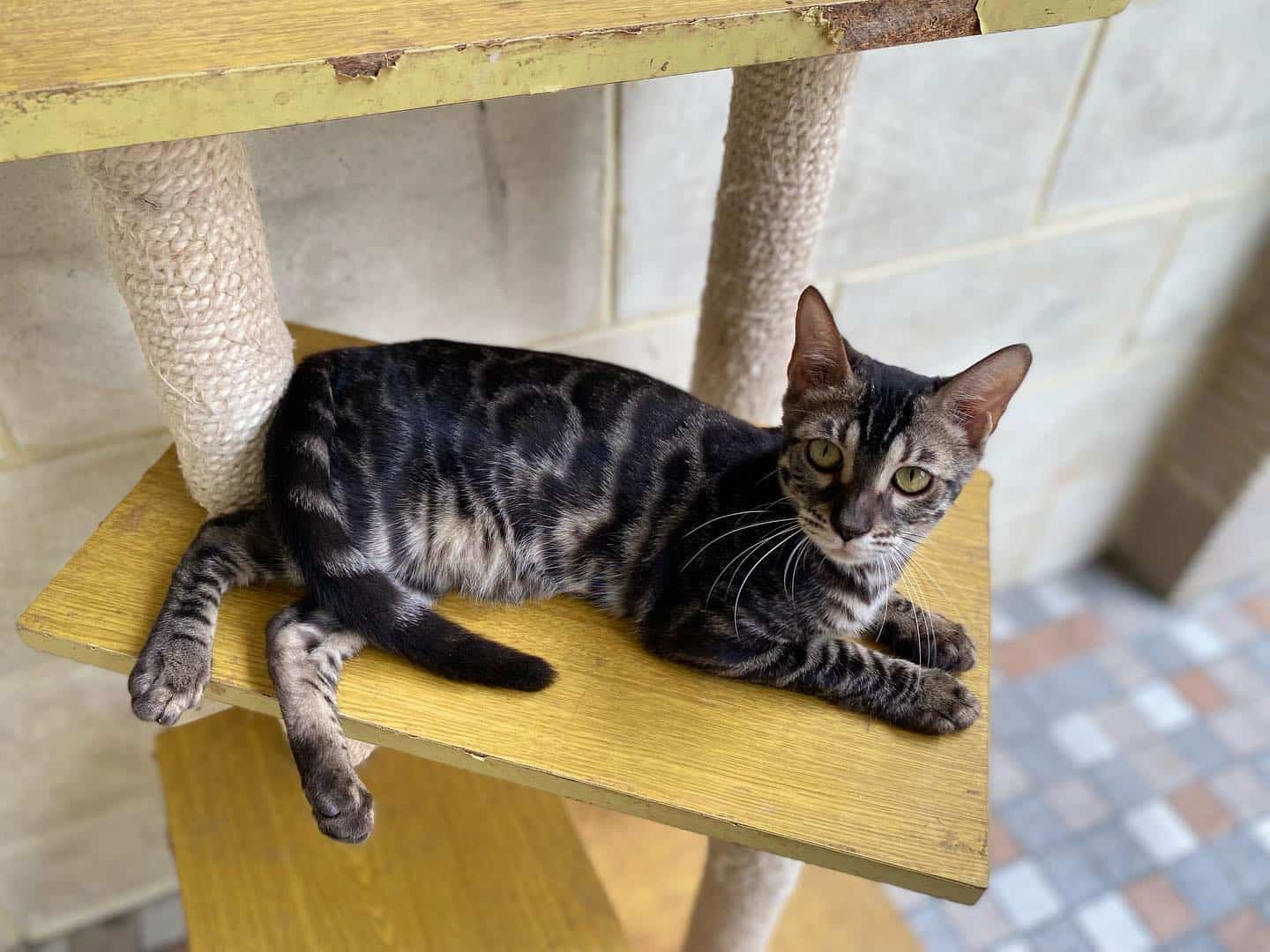
Black Bengal cats, like all Bengals, have an average lifespan of 9 to 15 years. You just have to make sure that your Bengal has an adequate diet and frequent exercise. Also, regular vet check-ups are recommended and required as well.
When it comes to breeding these cats, you need to find registered catteries and reputable breeders as they are professional and ensure that the parent cats don’t have any genetic issues.
However, there are some health problems that may arise in black Bengal cats.
• PRA – one medical ailment that Bengal cats are prone to, is progressive retinal atrophy. It is a disorder that causes retinal degeneration and can eventually lead to blindness.
• HCM – hypertrophic cardiomyopathy is a cardiac illness that causes the heart muscles to enlarge, which is more common in senior cats. It can potentially result in blood clots or cardiac failure, as well as a shorter life expectancy.
• Anesthetic Allergies – Bengal cats are very sensitive to anesthetics, so if they need surgery, it is critical to monitor them constantly. Anesthetic allergic reactions in cats may result in cardiac arrest.
Fortunately, viral and bacterial infections like calicivirus or rabies can be avoided by immunizing your black Bengal cat on time.
Feed them high-quality cat food to keep them healthy and active. You might also try feeding this kitty a raw diet, which they usually enjoy.
Additionally, adding nutritional supplements is something to think about for added strength and vitality. However, always discuss things with your vet first!
Grooming Requirements
Because their coats are short, Bengals are considered low-maintenance cats in terms of grooming. You should only groom them once a week to remove dead hair and skin cells.
Average Price & Cost Of These Fascinating Melanistic Bengal Cats
If you want to adopt a black Bengal cat, make sure you look for reputable and registered breeders. The price of these melanistic kittens will vary from $1500 to $3000, or even more than $4000 for show-worthy purebreds.
Black is still a popular and in-demand pigment among Bengal breeders. This is mostly because these cats have incredible looks and because of their resemblance to panthers. Many people love the thought of having a “mini wild cat” in their home.
Remember that, like other cat breeds, the Bengal has daily demands to maintain its well-being and health, as well as cleaning and grooming.
These costs should be properly accounted for in your budget. Check out the table below for the average first-month cost of owning a Bengal.
[table id=413 /]
10 Interesting Facts About Black Bengal Cats
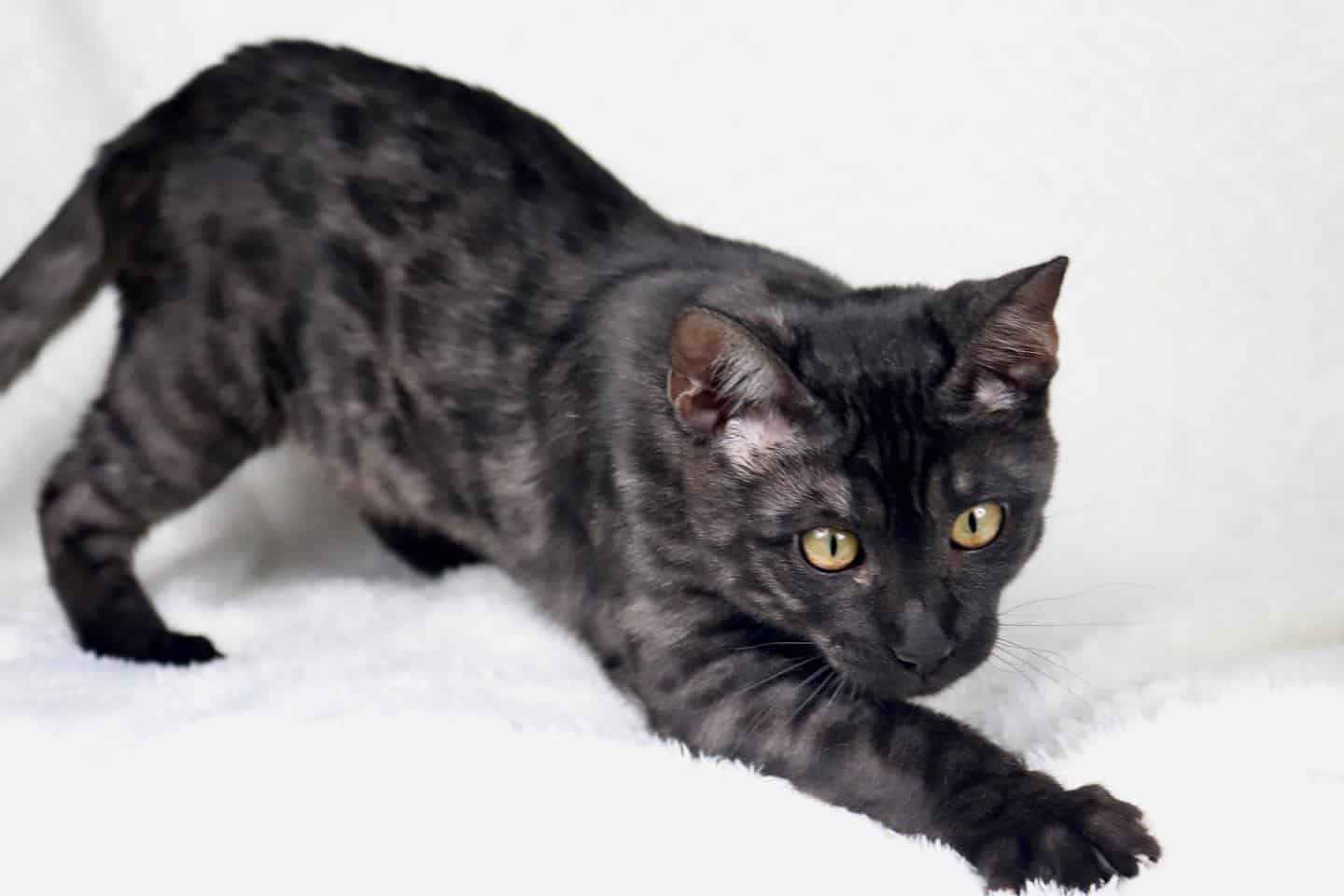
Bengal cats are generally unique and more interesting as a domestic cat breed than other breeds. Black Bengal cats are even more unique because of how rare their melanistic color is. Let’s see what else is so interesting about these felines.
1. Black Bengal Cats Are NOT A Recognized Bengal Breed Pattern
Melanistic Black Bengals exhibit ghost markings that are hardly noticeable.
Black-Smoke Bengal cats are a silver variety of the Melanistic Bengal cat; however, none of these coat colors are recognized by any cat organization.
Spotted, Silver Tabby, Seal Lynx Point, Seal Sepia Tabby, Brown Tabby, Marble, Seal Mink Tabby, Charcoal Marble, and Charcoal Spotted patterns of Bengal cats are all recognized by the International Cat Association (TICA).
2. They Are Born Hunters
The Bengal has a strong natural predatory impulse, which is not unexpected considering its ancestry. These cats are talented and energetic hunters who like catching fish.
So, whether it’s a rodent in your house or cricket in your garden, you can bet your Bengal cat will go after it. As a result, Bengal cats should not be kept in households with tiny animals such as rabbits, guinea pigs, or hamsters.
3. They Are Super Strong
Even though they are not a large cat breed, their bodies are athletic and strong. Bengal cats often weigh between 8 to 16 lbs, so don’t be surprised if your Bengal is more energetic or stronger than other domestic cats.
These cats enjoy jumping off high ledges, racing around open areas, and playing freely in your garden.
4. Their Energy Levels Are Unmatched
These energetic felines are almost always active. They are extremely lively and love to play with their owners.
Despite the fact that they like playing with you, some Bengal cats have been reported to hide away some small items, like jewelry, just to get your attention.
5. Ever Heard Of A Cat That Loves Water?
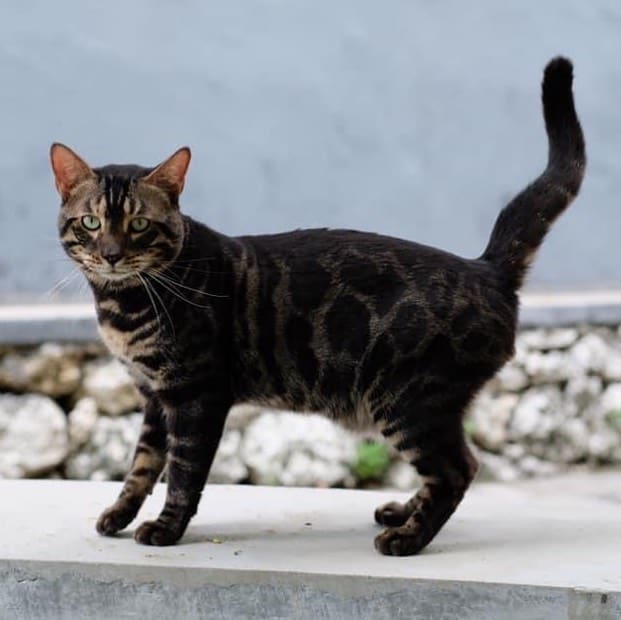
Bengal cats enjoy playing in water. A Bengal will usually tolerate monthly bathing and spend some time playing with the water droplets in the shower. They also have no problem drinking directly from the kitchen faucet.
6. Training A Bengal Is Easy
Bengal cats are a particularly intelligent breed, sharing some characteristics with their leopard ancestors. They are always up for learning new skills and may even be taught to fetch toys and listen to simple commands.
Also, keep in mind that they need mental stimulation, entertainment, and playtime on a regular basis.
7. Bengal Cats Are Illegal?!
As strange as it sounds, these cats are illegal in numerous states. For example, it is prohibited to own a Bengal cat in Hawaii and New York City. So, if you’re looking to adopt a black Bengal kitten, check the local rules on cat ownership before you do.
8. They Are Natural Climbers
Bengal cats enjoy jumping and leaping on objects. These cats are expert climbers and jumpers that enjoy exploring high locations. As a result, prepare yourself for them to climb on all of your cupboards, drawers, and any other high areas in your home.
In many circumstances, you may wish to cat-proof these spaces just to keep your Bengal safe while it uses up its energy.
9. Bengal Cats Are Super Sociable
Regular socialization might help keep your Bengal cat happy. These sociable creatures like spending time with their humans. If you have more than one Bengal, they will most likely become excellent playmates, along with other pets such as dogs and cats.
However, if you do not provide your Bengal with enough attention and activities to keep it entertained, the cat may eventually destroy objects in its attempt to create amusement.
10. Black Bengal Or A Domestic Black Panther
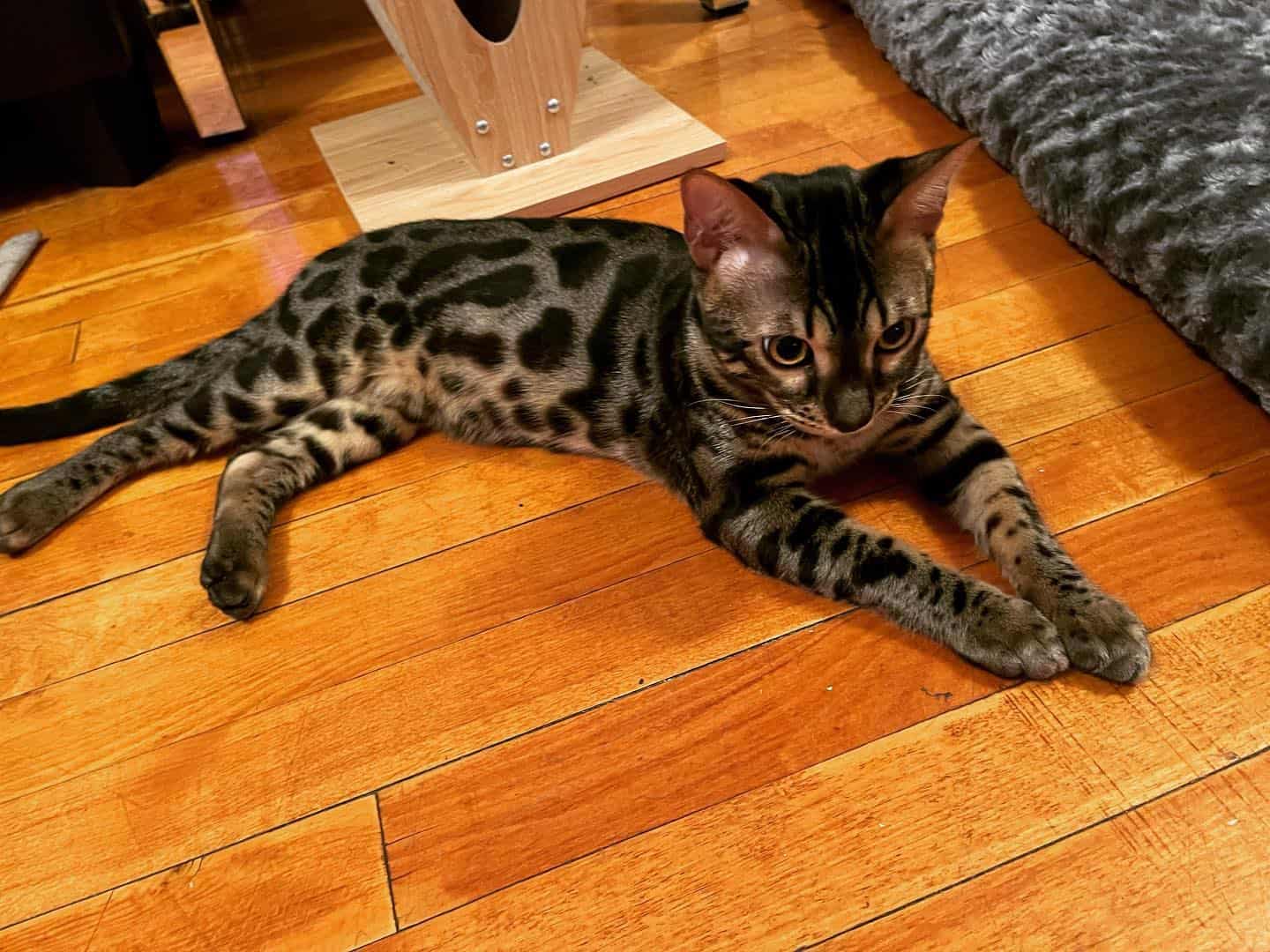
Solid black Bengals are the domestic cat equivalent of the black panther, a melanistic color variety of leopards and jaguars. Melanistic Bengals feature black markings on top of a black base color.
Their patterns are known as “ghost markings” since they are either dark brown or entirely black and hardly noticeable. The pattern is still evident in bright sunlight, just like in a black panther.
Smoke-Black is a silver-colored variant of the Melanistic Bengal cat. However, no cat group officially recognizes any of these colorations.
Closing Thoughts
That’s all you need to know about black Bengal cats, in brief. The Bengal cat breed, in general, is remarkable.
These cats are smart, loyal, easily trained, and make great pets. The only thing that might be an issue for new owners, is the fact that Bengal cats are prone to mischief when left alone for long periods of time.
However, if you train your black Bengal cat from an early age and provide them with enough playtime, you’ll be alright. Afterward, who knows; you might be able to adopt another cat, so your Bengal has a feline friend of its own.
I genuinely hope you enjoyed this article and learned something new.
Until next time, Jeffery.
Related Articles:
• What Is A Bengal Cat’s Lifespan? Health Overview
• 8 Steps How To Discipline A Bengal Cat

